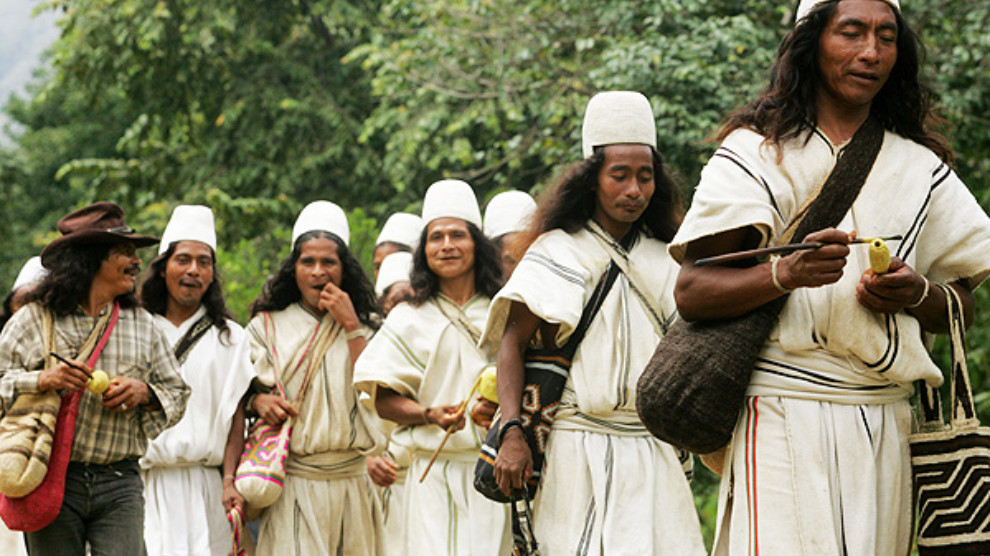Today is International Day of the World’s Indigenous People
As the world fights against the spread of the pandemic, it is more important than ever to safeguard indigenous peoples and their knowledge, says the UN.
As the world fights against the spread of the pandemic, it is more important than ever to safeguard indigenous peoples and their knowledge, says the UN.

Today is International Day of the World’s Indigenous People and this year the theme of the UN-sponsored event will inevitably be COVID-19.
The link between environmental damage and pandemics is well known to leading research organizations, said the UN. But there is yet another group of experts, who have been worrying about the threat of a pandemic even before COVID-19: indigenous peoples. Thanks to their traditional knowledge and their relationship with the natural world, indigenous people have long known that the degradation of the environment has the potential to unleash disease.
As the world fights against the spread of the pandemic, it is more important than ever to safeguard indigenous peoples and their knowledge, says the UN. Their territories are home to 80% of the world’s biodiversity and they can teach us much about how to rebalance our relationship with nature and reduce the risk of future pandemics.
Indigenous peoples are seeking their own solutions to this pandemic. They are taking action and using traditional knowledge and practices such as voluntary isolation, and sealing off their territories, as well as preventive measures.
Indigenous communities already face a host of challenges, and the unfortunate present reality is that the effects of the COVID-19 pandemic are worsening these challenges further still.
Indigenous communities, the UN said, already experience poor access to healthcare, significantly higher rates of diseases, lack of access to essential services, sanitation, and other key preventive measures, such as clean water, soap, disinfectant, etc. Likewise, most nearby local medical facilities are often under-equipped and under-staffed. Even when indigenous peoples can access healthcare services, they can face stigma and discrimination. A key factor is to ensure services and facilities are provided in indigenous languages, as appropriate to the specific situation of Indigenous peoples.
Indigenous peoples’ traditional lifestyles are a source of their resiliency and can also pose a threat at this time in preventing the spread of the virus. For example, most indigenous communities regularly organize large traditional gatherings to mark special events e.g. harvests, coming of age ceremonies, etc. Some indigenous communities also live in multi-generational housing, which puts Indigenous peoples and their families, especially the Elders, at risk.
Furthermore, indigenous peoples already face food insecurity as a result of the loss of their traditional lands and territories or even climate change effects. They also confront even graver challenges accessing food. With the loss of their traditional livelihoods, which are often land-based, many indigenous peoples, who work in traditional occupations and subsistence economies or in the informal sector, will be adversely affected by the pandemic. The situation of indigenous women, who are often the main providers of food and nutrition to their families, is even graver.